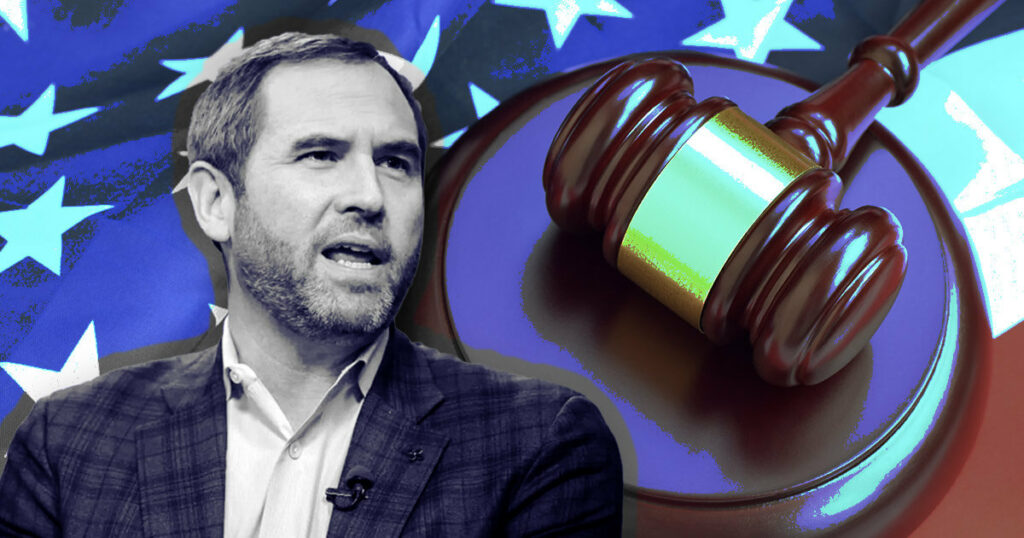Ripple (XRP) CEO Brad Garlinghouse said the U.S. lags behind several countries with pro-crypto regulations due to its hardline stance toward the industry.
U.S. crypto regulation is lagging
In a Mar. 2 Bloomberg interview, Garlinghouse decried that the U.S. crypto regulations were stifling innovations in the space. He said:
“The sad reality is that the US is already behind… behind Australia, the UK, Japan, Singapore, Switzerland, and other countries that have taken the time and thoughtfulness to create clear rules.”
His view is in congruence with other crypto stakeholders who have argued that the U.S. approach was hurting the industry.
The CEO noted that U.S. regulators’ approach to crypto differs from how it treated the internet a few decades ago. At the time, the U.S. led the regulatory development for the internet, creating an enabling environment that allowed entrepreneurs and investors to enter the country, greatly benefiting its economy.
“Crypto moving offshore is not good for American innovation.”
However, the country’s approach to crypto is forcing several innovators offshore. He added that consumers suffer because the offshore regulatory standards do not offer the strong consumer protection the U.S. can guarantee.
In his view, an excellent regulatory framework should start with clear consumer protection but with a better understanding that not all digital assets would be securities.
On Feb. 9, the Ripple chief highlighted various recent regulatory developments several countries had made. According to him, these developments were “energizing” and what is “desperately missing in the U.S.”
Garlinghouse criticizes SEC
Meanwhile, Garlinghouse criticized the U.S. Securities and Exchange Commission’s (SEC) regulation-by-enforcement approach to the crypto industry. According to him, the SEC acts like a person with a hammer who sees every problem as a nail.
Garlinghouse said the lawsuit between the financial regulator and the crypto payment company would play a pivotal role in crypto regulation in the country. He added that the case shows SEC’s offensive approach toward the crypto industry.
Since the SEC filed its lawsuit against Ripple in 2022, the financial regulator has made several enforcement actions against crypto firms that it alleges broke federal securities law.


